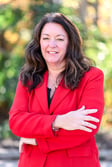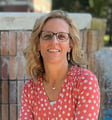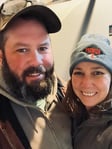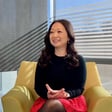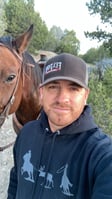
Science & sensationalism on the food plate
Algorithms. Shortened attention spans. Competition from uncredentialed influencers. In communicating science, even the best in the industry may occasionally fall prey to the siren song of sensationalism in an effort to deliver evidence-based information.
Dr. Jess Steier, creator of Unbiased Science, emphasizes the importance of nuance in science communication and resisting the urge to make absolute statements, as very few things in the world are black and white.
However, Dr. Steier notes that this is a challenge on social media. She has learned that communicating science in social media requires a balance between sharing credible nuance and capturing people’s attention. She's found that her more recent posts, which have a different tone and contain more nuance, are less popular because they don’t elicit the same emotional response as her past posts. However, she feels strongly about upholding scientific integrity while still communicating empathetically. She also recognizes that the algorithm rewards more absolutist views.
She highlights that meeting people where they are is crucial to communicating science effectively, but how do RDs handle subjects such as genetic modification, CRISPR, and pesticides when other supposedly science-based professional groups spread misinformation?
Listen in for Dr. Steier's insights and how she personally shops for herself and her family. Follow Dr. Steier at unbiasedscipod.com
Facebook: facebook.com/unbiasedscipod
Instagram: instagram.com/unbiasedscipod
Twitter/X: x.com/unbiasedscipod


